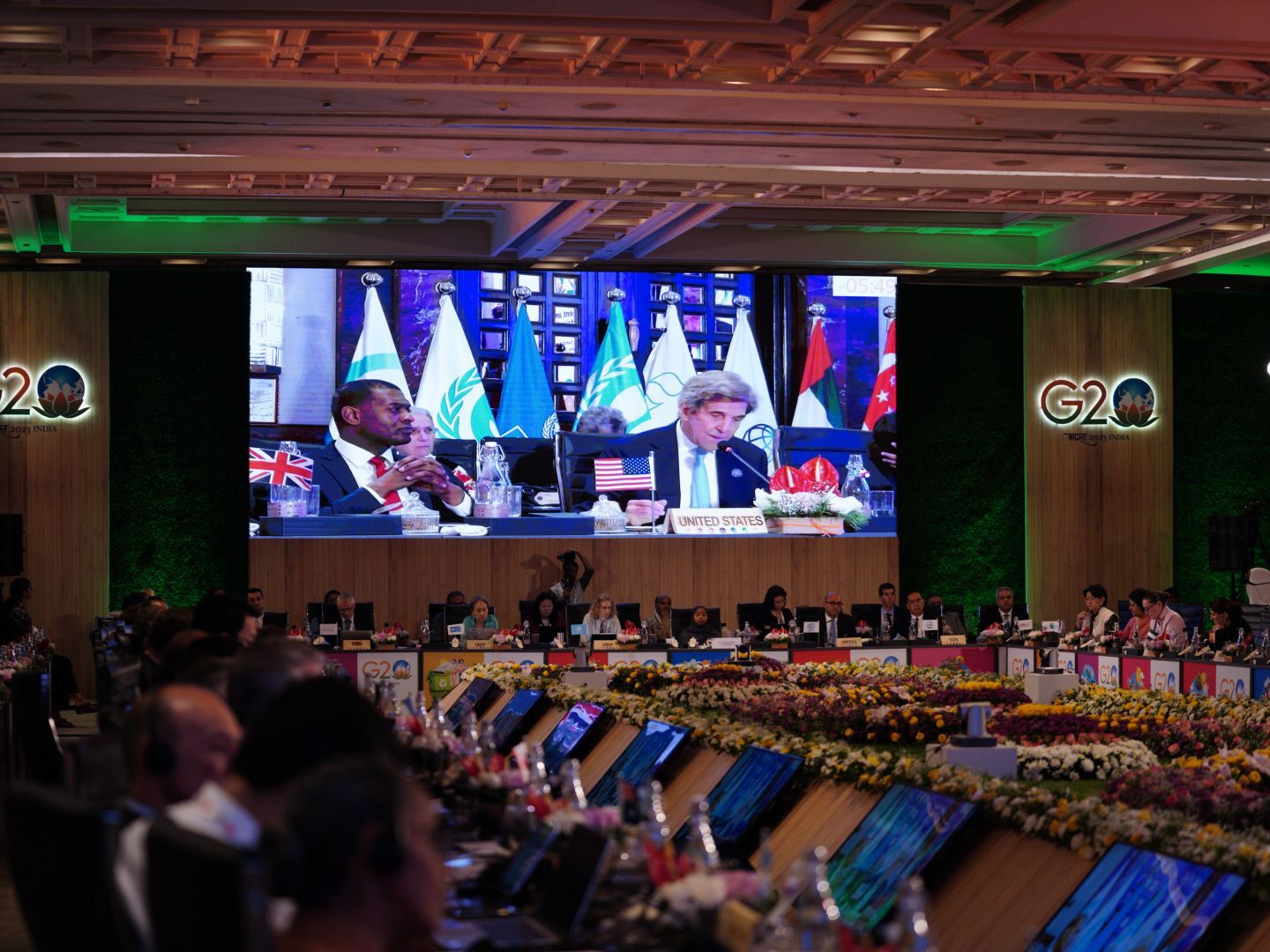As wildfires ravaged southern Europe and heatwaves gripped large swathes of Asia and North America, politicians presented a deeply divided front on climate ambition at crunch talks this week.
Energy and climate ministers from the highly-influential G20 group took part in back-to-back meetings in India, in what was seen as a crucial stepping stone on the road to Cop28 in Dubai.
High hopes for a broad consensus on ambitious targets have been dashed first in Goa where energy ministers met, and then again in Chennai where climate ministers wrapped up talks just hours ago.
The meetings replayed familiar fights over fossil fuel phase-down and climate finance but also revealed new ones over a target of tripling renewable energy capacity.
That’s despite increasingly desperate appeals from Sultan al Jaber, the Cop28 chief, and Simon Stiell, the UN climate boss, who urged the world’s largest economies to show a sense of leadership. But that’s come to nought.
Nearly 10,000 miles away from India, tensions have also been running high in Kingston, Jamaica, where the little-known International Seabed Authority holds its annual meetings.
Four days into the week-long talks, governments have not yet been able to agree on an agenda.
At the heart of the conflict is the future of deep-sea mining, the controversial proposition to extract minerals from the bottom of the oceans.
A dozen of countries headed by Costa Rica, France and Chile want to officially discuss for the first time the possibility to pause any deep-sea mining projects while China and the island nation of Nauru have blocked the motion.
This week’s news:
- G20 divisions over key climate goals pile pressure on Cop28 hosts
- Germany plans to keep funding new gas projects overseas despite pledge
- Pressure grows on governments and banks to stop supporting Amazon oil and gas
- UN climate fund suspends project in Nicaragua over human rights concerns
- UN deep-sea mining talks deadlocked over agenda clash
- G20 climate talks fail to deliver emission cuts despite leadership pleas
The UN climate fund suspended payments to a $117 million forest protection project in Nicaragua over human rights concerns.
An independent review found the project could “cause or exacerbate” violent conflict between indigenous people and settlers. Worryingly, investigators also pointed out that the project had been approved even though it did not comply with the fund’s policies.
The Green Climate Fund said new evidence came to light subsequently and it will now make sure issues are resolved to its satisfaction.
But, as the fund continues to take information submitted from third parties in good faith, this may cause more headaches in the future.
Making decisions in this way leaves the fund “extremely vulnerable to policy and safeguards non-compliance that can result in huge reputational risks”, the investigators wrote in a damning report.
